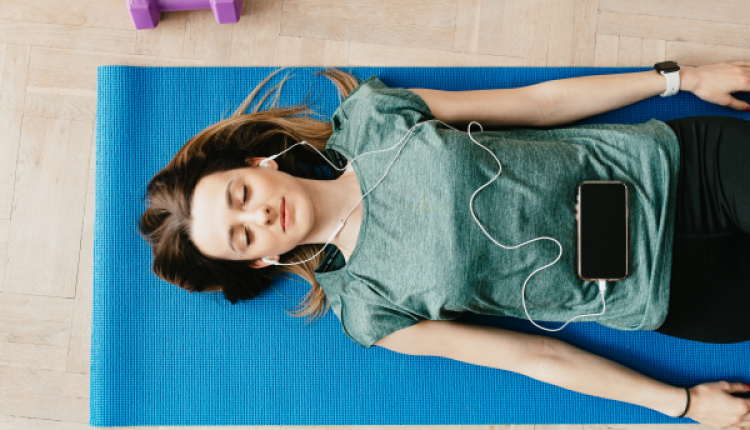How To Use Technology Mindfully
- by XpatAthens
- Tuesday, 29 March 2022

Undoubtedly, modern societies are characterized by constant movement and rapid changes that cause intense stress and anxiety. We are always trying to catch up, automatically switch from one activity to another, and practice multitasking, only to end up operating mechanically, almost robotically, not seeing the essence and value of every moment.
Contrary to this unhealthy and stressful lifestyle, however, mindfulness can be described as the ability to be fully present at the moment, recognizing our feelings, our thoughts, and our bodily senses. This concept was first introduced over 2,500 years ago by Siddhartha Gautama himself (Buddha).
Mindfulness can be applied to many aspects of our daily lives, from our diet to the use of technology, in which case we refer to digital mindfulness. Digital mindfulness involves reevaluating the way we use technology so that the latter serves our needs. Instead of turning technology into a way of escaping reality, becoming attached to a fictional online world and a culture that feeds us with substitutes for truth, we utilize it as a tool that makes our lives easier.
Digital mindfulness essentially puts an end to the excessive consumption of digital content. To achieve it, however, one needs conscious practice. Let's take a look at some ways that will help us bring mindfulness to our digital lives.
1. Record Screen Time
1. Record Screen Time
In recent years, large technology companies, realizing that the risk of Internet addiction is greater than ever, have begun to develop various tools to help users manage the time they spend online. Apple has introduced the Screen Time tool, which informs us about the time we spend on applications and websites, while Google has developed a series of Digital Wellbeing tools, enabling us to use our devices more consciously
2. Turn Do Not Disturb mode on
2. Turn Do Not Disturb mode on
It is not uncommon that, although we have to concentrate on something important, we end up scrolling on our phones. A simple solution is to activate the Do Not Disturb mode to get rid of unnecessary notifications that distract us. However, according to research, the mere presence of a smartphone can lead to reduced productivity levels and limited cognitive capacity, so it might be better to keep our phones in another room when we have to concentrate on an important task.
3. Declutter your phone
3. Declutter your phone
Being organized has numerous mental health benefits. A tidy space helps us put our thoughts in order, while a cluttered room creates a chaotic situation. The same goes for our digital rooms. We should clean up our phones and get rid of everything we no longer need. The list of our emails and the notifications we receive, for example. What is important and what is not? Notification overload can negatively impact our mental health.
4. Stop using your phone at least an hour before going to sleep
4. Stop using your phone at least an hour before going to sleep
Did you know that the blue light emitted by LED screens deceives our brain, making it think it is morning? Exposure to blue light at night inhibits the release of melatonin, making it difficult for us to fall asleep. Also, exposure to blue light negatively affects our circadian rhythm, impairing the quality of sleep by reducing the duration of deep sleep.
